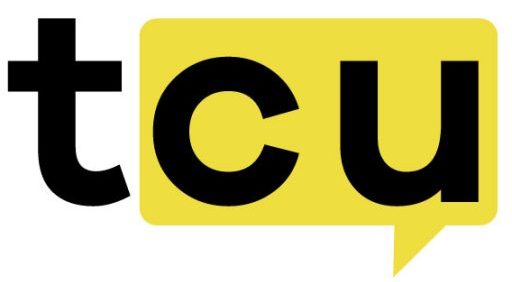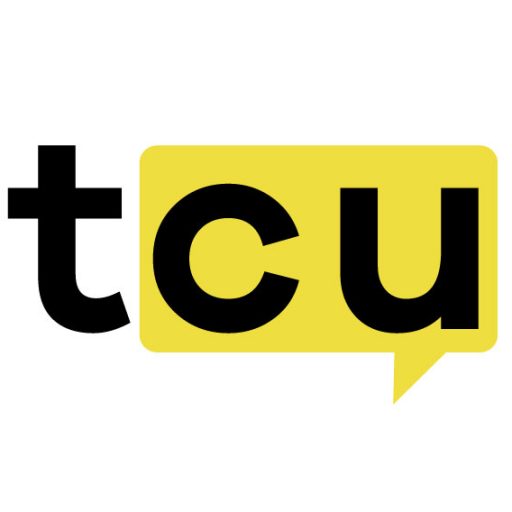El Salvador’s legislative body, Congress, has expedited approval of a proposal from President Nayib Bukele to amend the country’s Bitcoin law. The reform was passed with an overwhelming majority, garnering 55 votes in favor versus only two against. This strategic move comes right on the heels of El Salvador’s recent $1.4 billion loan agreement with the International Monetary Fund (IMF).
The newly enacted reform aligns with the stipulations of the IMF deal, making Bitcoin adoption voluntary rather than mandatory. The bill was fervently backed by the ruling majority, under the guidance of President Bukele’s New Ideas Party.
In 2021, El Salvador made a groundbreaking move by becoming the first country to adopt Bitcoin as legal tender, positioning it alongside the U.S. dollar. This decision significantly bolstered President Bukele’s reputation as a progressive leader and established him as one of Bitcoin’s most vocal advocates on a global stage.
Despite the volatility associated with cryptocurrency, El Salvador has maintained a consistent Bitcoin accumulation strategy. As of now, the country’s holdings stand at 6,049 BTC, which translates to a value of approximately $635.56 million.
As per the conditions of the IMF deal, the government’s engagement in Bitcoin-related economic activities is subject to limitations. The accord states, “For the public sector, engagement in Bitcoin-related economic activities and transactions in and purchases of Bitcoin will be confined.” This raised speculation that El Salvador would scale back its Bitcoin strategy.
However, on December 20, President Bukele’s government quashed these speculations. Officials reasserted their commitment to Bitcoin and announced plans to continue purchasing Bitcoin at an accelerated pace. In fact, El Salvador has become the first nation to establish a Bitcoin National Reserve, further reinforcing its commitment to cryptocurrency.
Elisa Rosales, a lawmaker from the ruling party, underscored the importance of the reform. She highlighted how the amendment ensures the permanence of Bitcoin as legal tender in the country and supports its “practical implementation.” This move is seen as a significant stride towards integrating cryptocurrency into the country’s mainstream financial systems.
The reform of the Bitcoin law in El Salvador is a clear testament to the country’s unwavering commitment to embracing digital currency. As the world watches, El Salvador continues to position itself as a pioneer in the adoption of Bitcoin, setting precedents for other nations to potentially follow.
![]()


